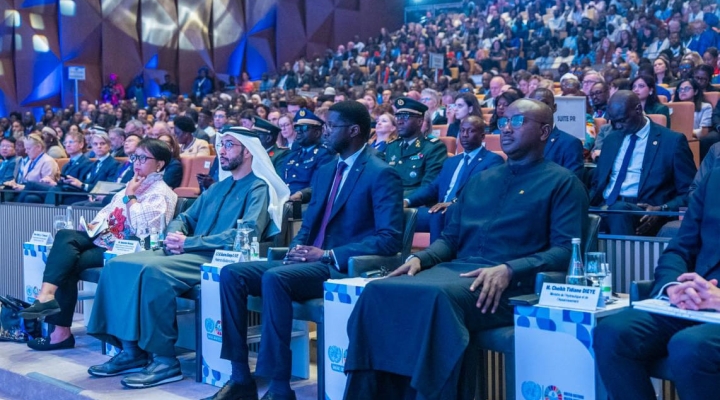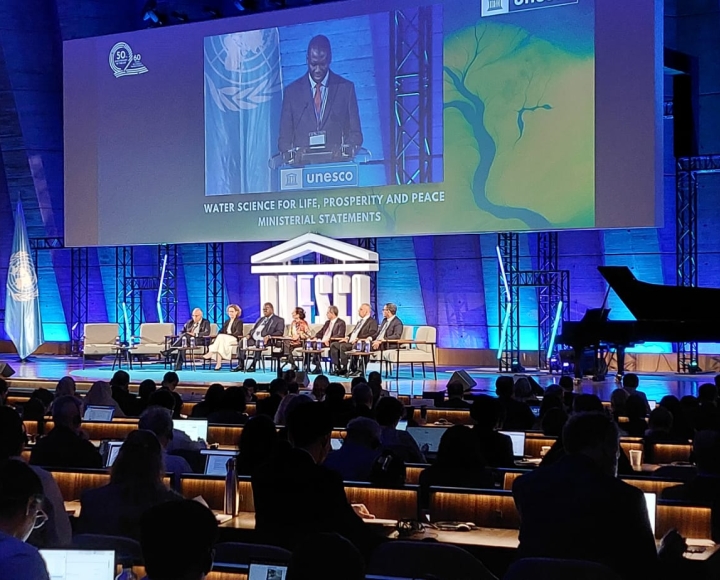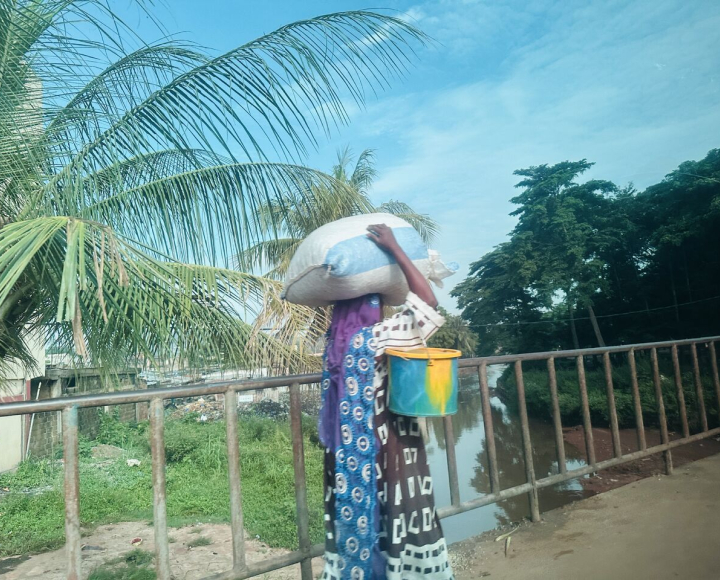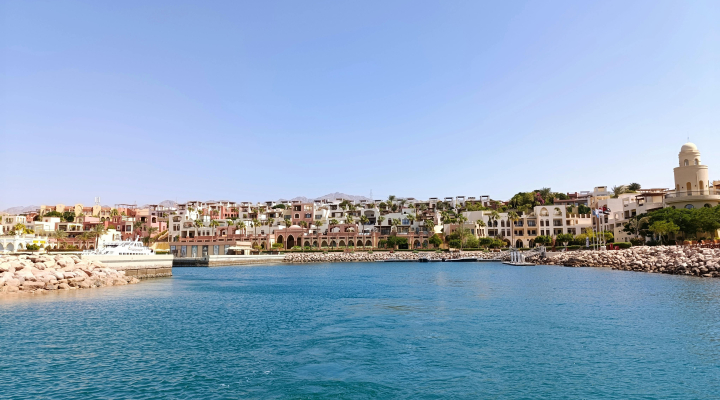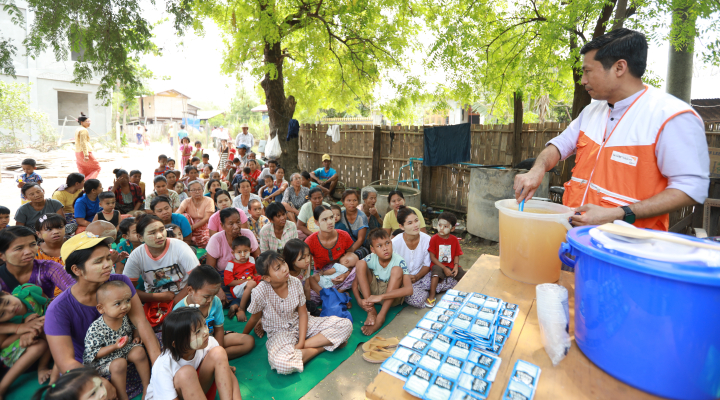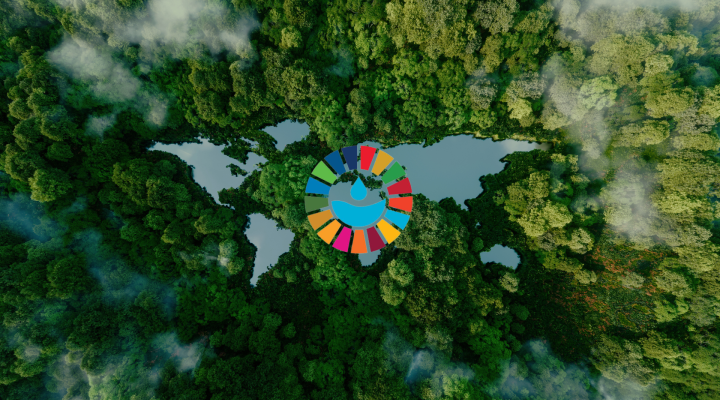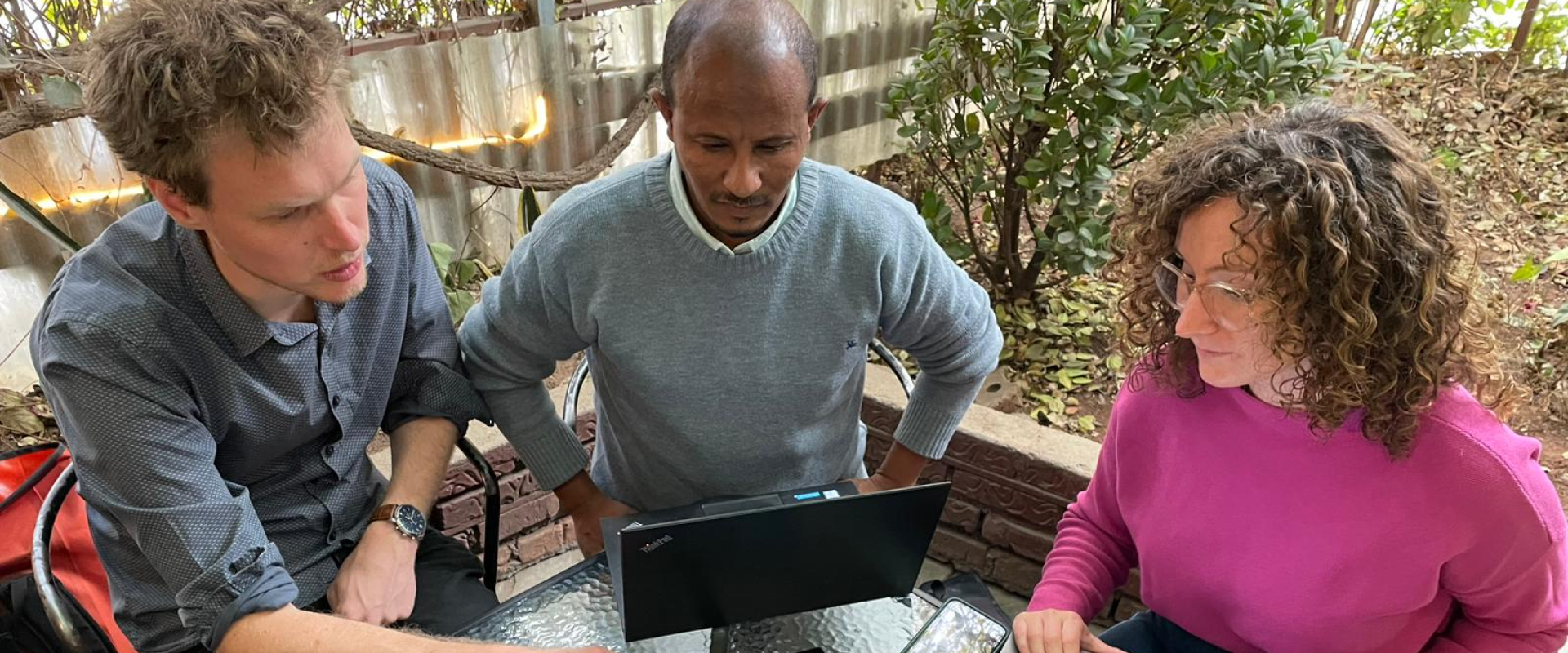
World Waternet and World Water Academy join forces to bring hands-on water knowledge worldwide
Dutch organisations World Waternet and World Water Academy team up to make practical water knowledge and skills accessible worldwide. Through digital innovative and accessible training and international peer-to-peer exchange, they aim to empower water professionals to deliver clean drinking water, safe sanitation, and climate-resilient water systems faster and smarter.
Worldwide the water cycle is under pressure due to pollution, climate change, geopolitics and outdated or missing infrastructure. Through high-quality, practice-oriented peer-to-peer knowledge exchange, these organisations want to enable better water services. World Waternet aims to reach six million people by 2030.
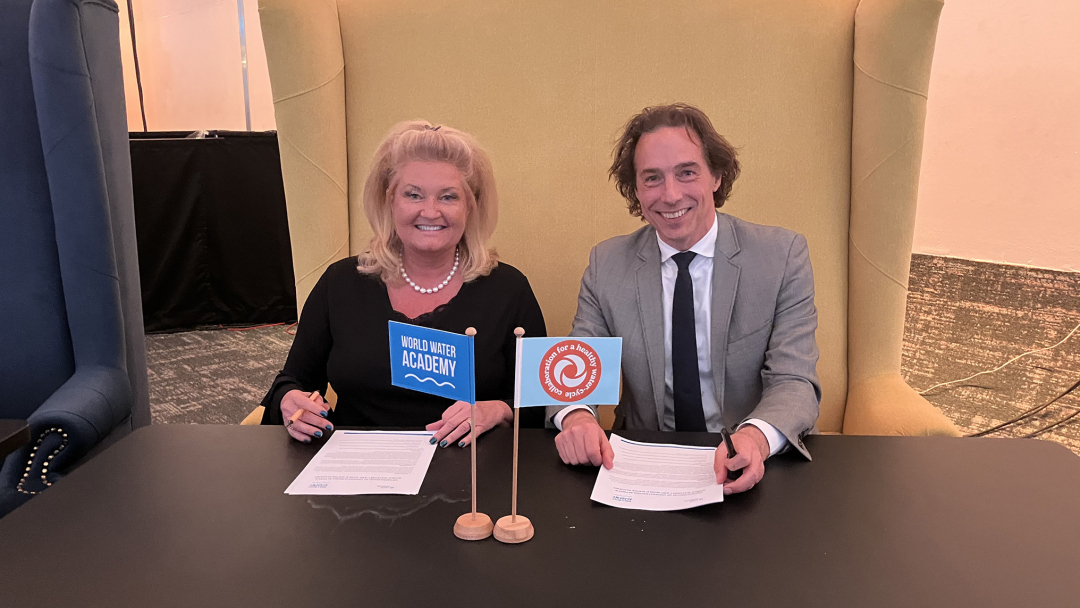
High-quality, hands-on water training
World Water Academy has extensive subject-matter and didactic expertise, a wide range of courses and training programmes, and a state-of-the-art digital learning environment. Frodo van Oostveen, CEO of World Waternet says, "Our mission is clear: to work on a healthy water cycle worldwide together with international water operators (WOPs). This starts with empowering (inter)national water professionals. By learning together, we not only share knowledge, but build lasting solutions to urgent water problems. Thanks to the catalytic collaboration with World Water Academy, we make training courses faster and more efficiently accessible to colleagues at other drinking water companies and water authorities, especially in countries where these professionals face enormous challenges. As a connecting factor, we think it is important to continue to listen to the demand and to deliver tailor-made solutions."
Joining forces for global impact
World Waternet and World Water Academy will jointly develop innovative practical digital training courses that water professionals worldwide can use immediately. Examples of peer-to-peer training include drinking water and sanitation, wastewater management, and climate adaptation and water management. With these courses, both parties want to contribute directly to making water knowledge more accessible worldwide, making water systems more sustainable and resilient, and achieving the Sustainable Development Goal 6 – clean water and sanitation for all.
Gabriëlle Knufman, director of World Water Academy, is enthusiastic. "We are passionately helping to build a good future for the water sector. Our approach is practice-oriented and up-to-date, completely in line with World Waternet's 'can do' mentality. What drives us? Elevating expertise in the water sector, that is our goal. That's what we do it for. Our course portfolio is not only focused on promoting knowledge transfer but also on strengthening competencies and skills. By continuously improving and responding to the latest developments, World Water Academy plays a key role in fostering a skilled water sector worldwide. By joining forces, we can increase our impact even more.”




